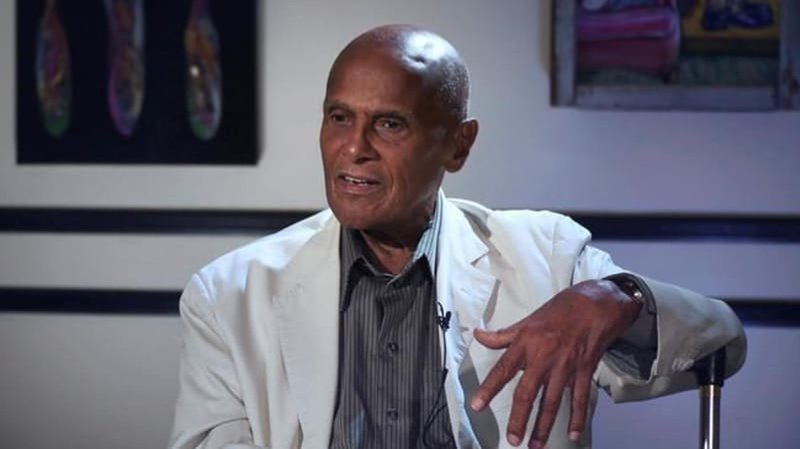
The week Harry Belafonte took over TV is subject of new doc
NEW YORK — Harry Belafonte made history in early 1968. But it was lost to history.
While the Vietnam War was raging and civil unrest was convulsing American cities, TV talk show host Johnny Carson did something special: He stepped away from “The Tonight Show” perch for a week.
Then something even more special happened: Belafonte took over.
For five nights, the Black singer, actor and activist entertained white middle America with his cool wit and an astonishing array of guests — the Rev. Martin Luther King Jr., Sidney Poitier, Robert F. Kennedy, Paul Newman, Dionne Warwick, Aretha Franklin, Petula Clark, Bill Cosby, Diahann Carroll and Lena Horne, among others.
